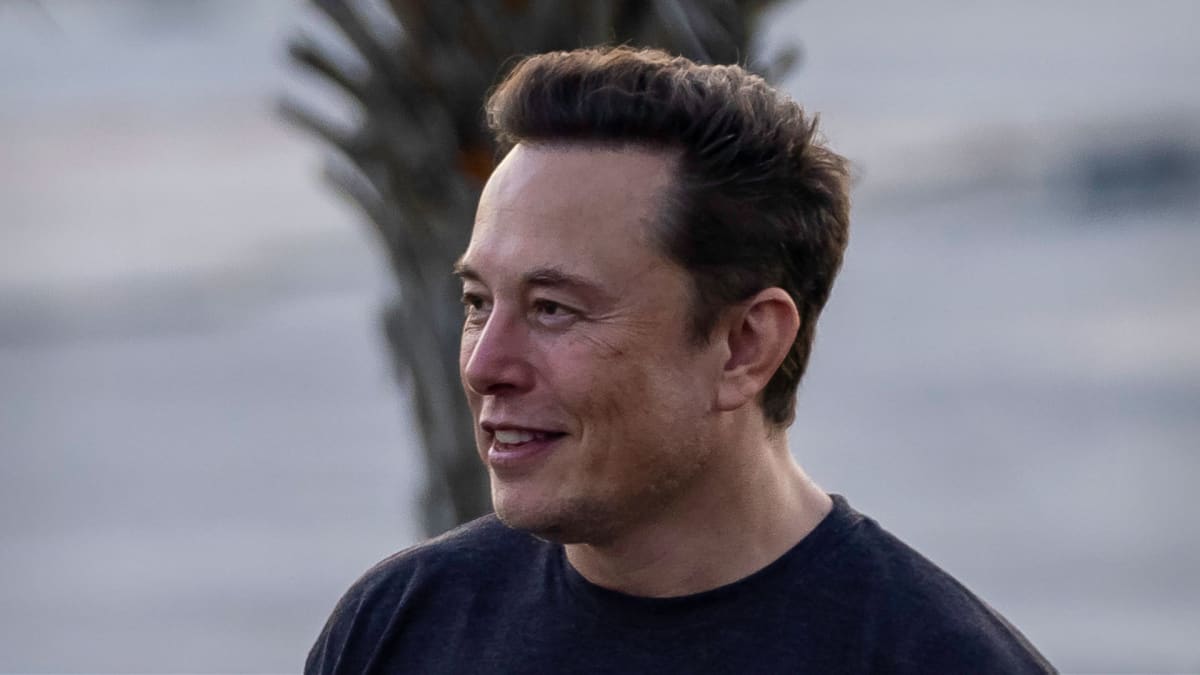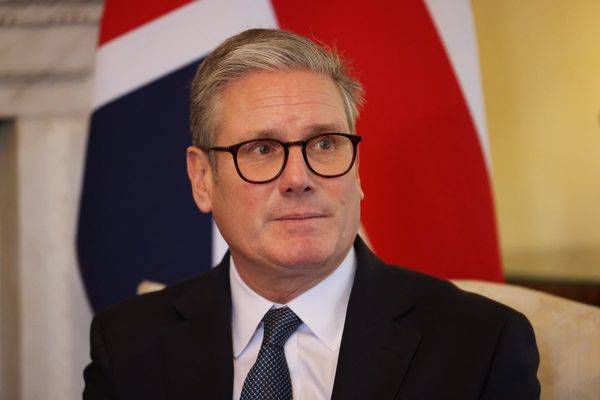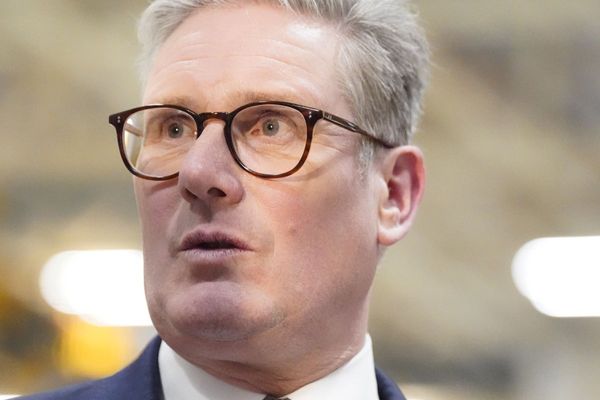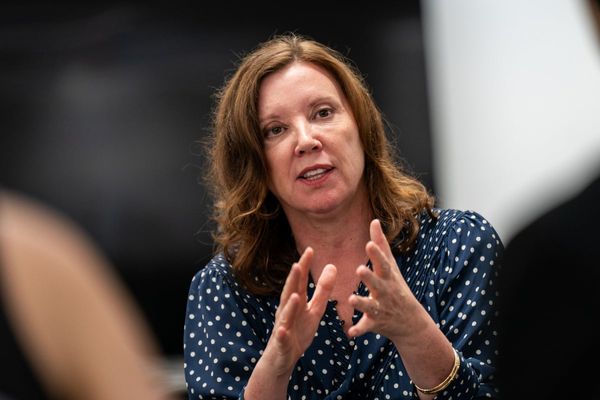
NPR quit Twitter in April following a conflict with the platform's owner, Elon Musk, who had kicked the whole thing off by assigning a label to NPR's account that described it as "U.S. State-Affiliated Media."
Twitter uses this tag to mark propaganda publications in foreign countries.
Musk changed the label to "government-funded media," eventually scrapping the label entirely. But NPR -- with nearly 9 million followers in its main account -- decided that while it would keep its account, it would cease posting on the platform.
DON'T MISS: Elon Musk Continues His War Against One Media Powerhouse
Musk reopened the issue in a recent interview with the Babylon Bee, a conservative Christian satire website that Musk reinstated to Twitter when he took over.
"We're trying to apply the rules consistently at Twitter. If we're going to call some media state-affiliated, well, there's plenty of organizations in the West that are state-affiliated, so then we should apply the label equally," Musk said.
"They said that state-affiliated implies the state has editorial authority and influence over the content, and I'm like, 'so you're saying you don't have that?'"
Musk said that calling NPR "state-affiliated" is a "statement of fact."
NPR said in April that the bulk of its funding came from corporate and individual support. Its website does say that federal funding, through grants, "is essential to public radio's service to the American public and its continuation is critical."
"On average, less than 1% of NPR's annual operating budget comes in the form of grants from CPB and federal agencies and departments."







